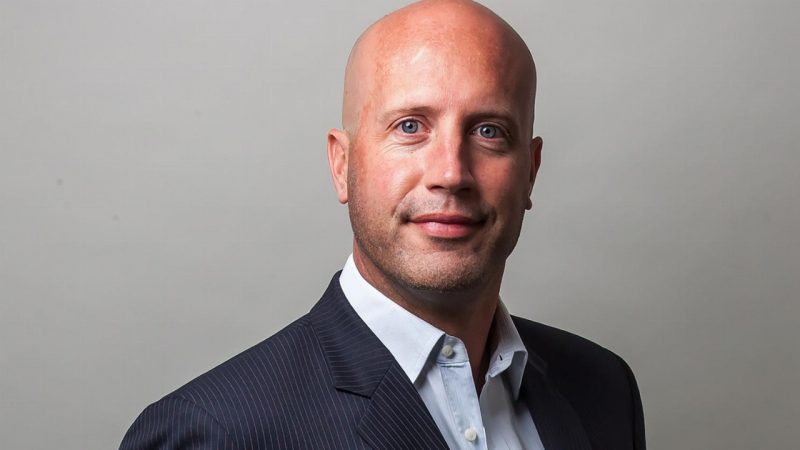- Greenland Minerals (GGG) has halted trading ahead of an update regarding Greenland’s newly formed coalition government
- While the new government’s appointees will not assume office until Friday, the coalition has already said it “will do everything we can to stop the Kvanefjeld Project”
- While the focus is primarily on the environment, the coalition has repeatedly said it is not opposed to other mining projects that do not pose the same risks as Kvanefjeld
- Concerns have also been raised regarding Shenghe Resources — Greenland Minerals’ largest shareholder — and the impact of Chinese ownership and influence in Greenland
- Shares in Greenland Minerals last traded at $0.10 each on Friday last week
Greenland Minerals (GGG) has halted trading ahead of an update regarding Greenland’s newly formed coalition government.
The election on April 6 brought a wave of international attention, with the Inuit Ataqatigiit (IA) party — which has been vocally opposed to Greenland Minerals’ Kvanefjeld Project in the country’s south — emerging victorious with 37 per cent of the votes cast.
Greenland Minerals holds a 100 per cent stake in Kvanefjeld, which has been heavily promoted as the world’s second-largest rare earth deposit and sixth-largest deposit of uranium, with 11.1 million tonnes of rare earth oxide and 593 million pounds of uranium.
Following almost 10 days of negotiations, it was announced that a coalition agreement has now been reached between the IA party and the centrist-populist Naleraq party. As a result, the IA party has been given eight seats in the new Greenland Government, while Naleraq will hold two.
Mute Egede, the 34-year-old leader of the IA party, has become Greenland’s youngest Chairman of the government and also assumes the title of Greenland’s Premier. Likewise, Hans Enoksen, a former Premier and now Chairman of Naleraq, has been assigned as Chairman of Greenland’s Parliament.
While the new government’s appointees will not assume office until Friday, the coalition has already made clear its position regarding the Kvanefjeld Project.
“Our country has been divided in the last few years, and based on our division, the Inuit Ataqatigiit and Naleraq, with Atassut as a support party, will reunite the people,” Egede said via Greenlandic broadcaster KNR.
“The coalition agrees that no uranium should be mined in Greenland and will work for legislation to ban mineral extraction, which contains radioactive material.”
Speaking separately to reporters in the capital Nuuk, Egede stressed that it was important for Greenland’s people to stand together, particularly in the face of such international focus.
“We have something that money can’t buy,” he said. “We will do everything we can to stop the Kvanefjeld Project.”
Chief among the IA’s concerns is the impact of radioactive pollution and toxic waste, and its implications for the local community, agriculture and water quality in what is widely considered an environmentally pristine region.
While the IA party’s focus is primarily on the environment, it has repeatedly said that it is not opposed to other mining projects that do not pose the same risks as Kvanefjeld.
“It should be pointed out here that it would be incorrect to say that IA is against mining in Greenland, or that mining companies in Greenland now have to fear what fate might befall them, or that the future of rare earth mining in Greenland is now more uncertain,” said Dr Dwayne Ryan Menezes, Founder and Managing Director of London-based think-tank Polar Research and Policy Initiative.
He added that the situation requires much finer and more nuanced analysis: “What IA is against is uranium mining, or any mineral extraction which contains radioactive material.”
“Its focus, hence, has been on one project — the Kvanefjeld (or Kuannersuit) project in southern Greenland — which has radioactive material such as uranium and thorium mixed in with the rare earth elements,” Menezes continued.
Concerns have also been raised over the involvement of Shanghai-listed rare earths giant Shenghe Resources — which holds a 10 per cent stake in Greenland Minerals — and the implications of Chinese ownership and influence in a territory so strategically important to the United States and its allies.
In October last year, the U.S. and Greenland agreed to strengthen economic and trade ties after resolving a dispute over a service contract to a U.S. airbase in the north of the Arctic island.
The Thule Air Base had been a sticking point since 2014, when the Pentagon awarded a service contract to a U.S. company, thereby breaking a long-standing agreement to keep it in Greenlandic hands.
With the issue now resolved, Greenland has resumed its importance to the U.S. military and its ballistic missile early warning system, thereby helping to balance both Russian and Chinese commercial and military buildups in the Arctic.
Greenland Minerals is expected to lift its trading halt on Wednesday, April 21, or when an announcement is released to the market.
Shares in the company last traded at $0.10 each on Friday last week.

